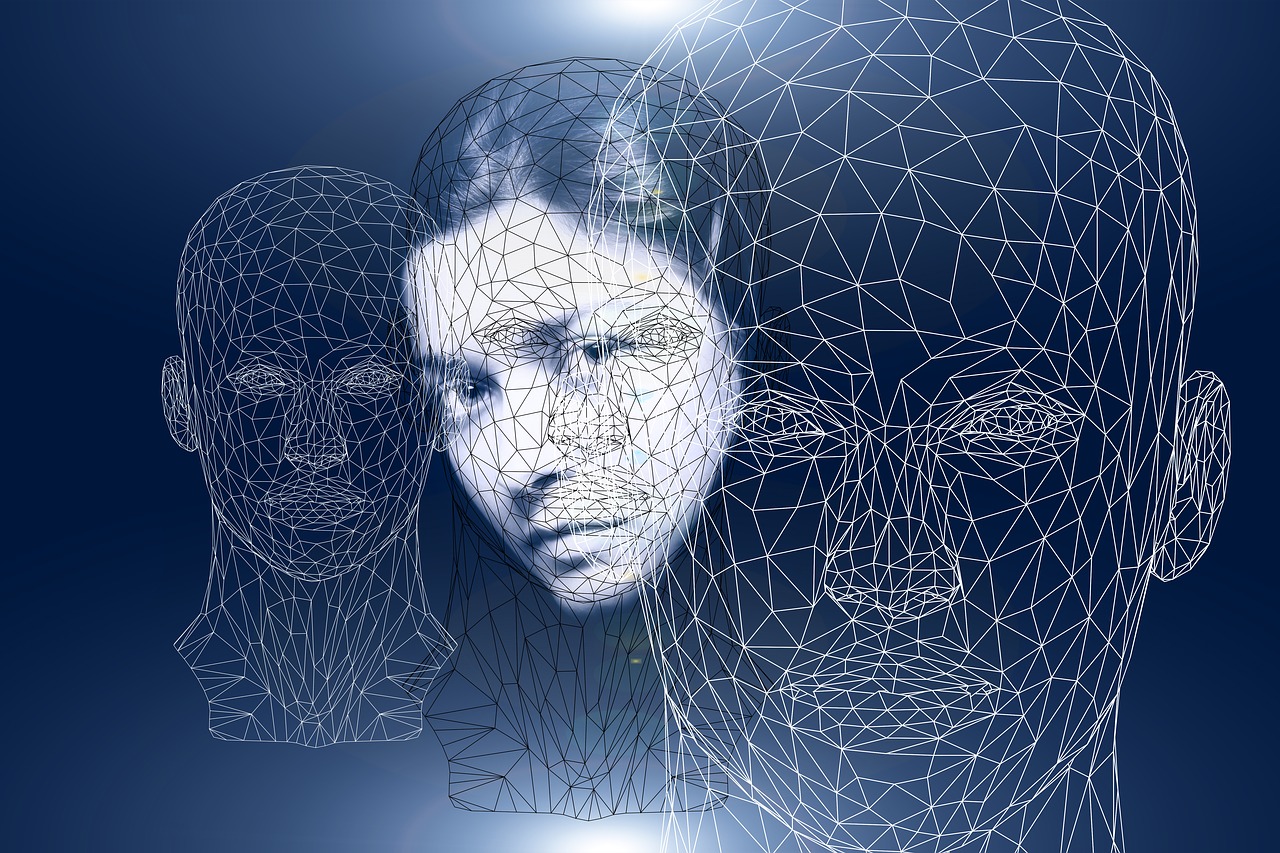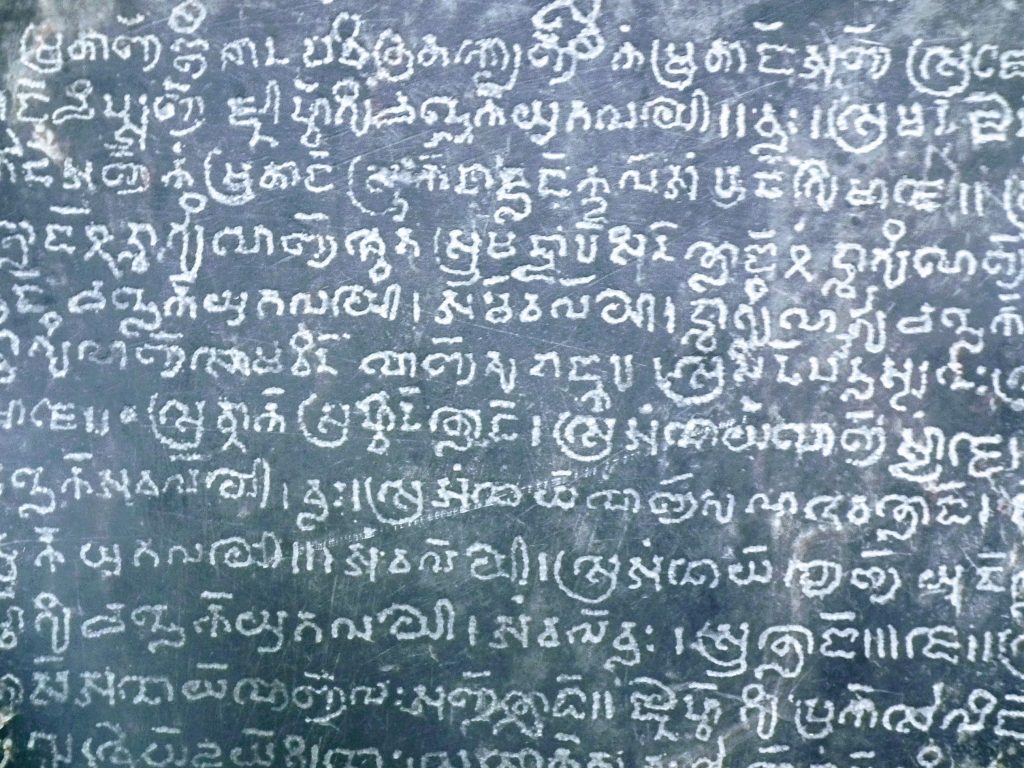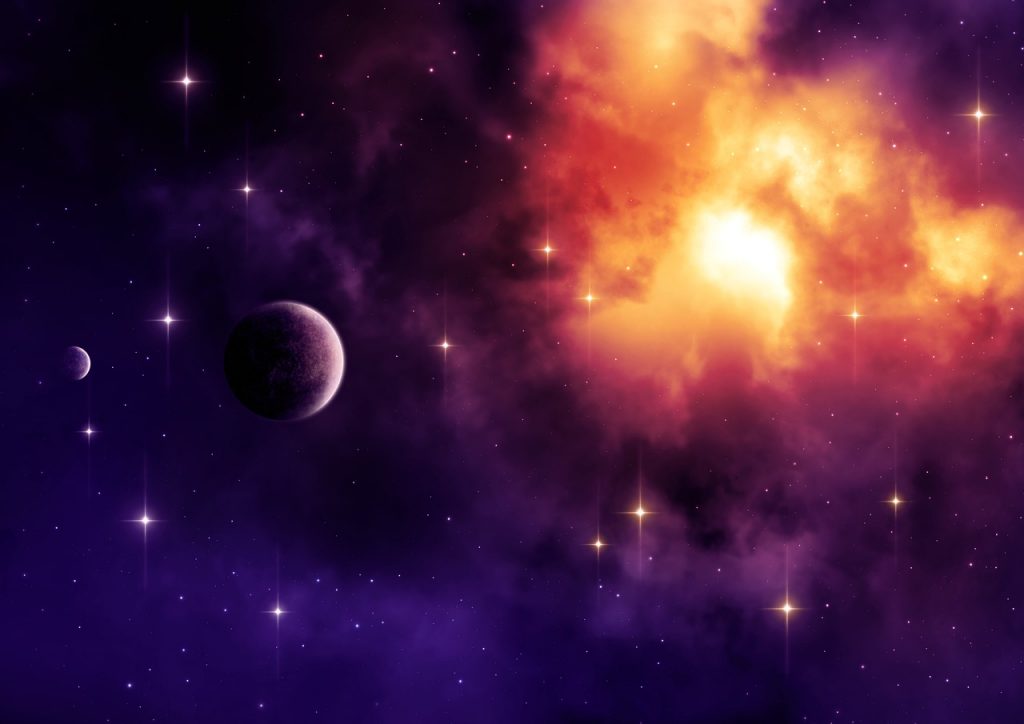

Vedanta forms the foundations of Hinduism but when approached from a philosophical viewpoint rather than religious dogma, the hidden meaning behind the pantheon of gods have an entirely different meaning.
The esoteric symbolism reveals the mind-body-energy connection. You can find plenty of content on this subject in the decoded symbolism throughout my website.
Perhaps one of the appealing things about Vedanta is that people don’t necessarily have to step away from their religious past if they still feel attached to it. However, Vedantists recommend it is best practice to forget a large portion of what you have previously been told.
The gods represent aspects of human nature. By praying to a god, you should only be looking to invoke the principle that is portrayed through that god. For example, Lord Shiva is known as the “destroyer”. Shiva, therefore, has a quality that is useful for when you want to change your habits, attitudes or personality traits that do not serve you.
Vedanta teaches initiates to focus on the ‘Self’. Observe how you feel, what you do and what has happened. When you analyse the experiences you have and question what you did to cause that experience, it leads you to self-discovery. This is the purpose of Vedanta.
Self-discovery is the most advanced knowledge of spirituality.
By all accounts, the most valuable lessons of Vedanta are found in the Upanishads, the Bhagavad Gita, and the Brahma Sutras. The Upanishads state the goal, the BG provides practical advice, and the Brahma Sutras explain the true nature of human existence.
When you understand alchemical symbolism, it becomes apparent that Vedic literature demonstrates the ancient scribes of these invaluable texts had a profound understanding of science and nature. Sadly, scholars overlook this because they have been ingrained to think our ancient ancestors were primitive and could not possibly have the knowledge we have today.
Academia is ignorant and arrogant in my view.
Vedic literature explains that all creation comes from primal matter. They called this matter, Akasha. Modern science also explains universal forces have one root that begins motionless and unmanifested, before combining attraction and repulsion to create gross forms.
The modern English word for matter comes from the Egyptian Goddess Ma’at, the mother goddess. This became mater in Latin, mutter in German, and finally, matter in English. So matter comes from the root word, mother. When women give birth to children, they create.
In ancient symbolism, a mother giving birth to a child is analogous of the dynamic forces of matter creating everything we see around us.

Beyond explaining how the Universe was created, ancient texts that form the philosophies of Vedanta describe the true nature of man. We know today that man is composed of the same elements we find in the Universe. Carl Sagan once famously said: “We are made of star-stuff.”
“The nitrogen in our DNA, the calcium in our teeth, the iron in our blood, the carbon in our apple pies were made in the interiors of collapsing stars. We are made of star-stuff”. ~Carl Sagan
Vedanta is the oldest philosophy to claim we are all one. At least that’s what we are told. What is actually means is we are all energy, and thus connected to the same energy source; the all-presiding presence of the electromagnetic field.
Furthermore, energy never ceases to exist. The laws of thermodynamics say that the entropy of energy never gains or loses energy. It only transforms.
Consciousness is also energy, and I suspect you know from experience that you have the ability to expand your conscious awareness – if you choose to.
Therefore it is possible to transform our consciousness – our understanding – of the world around us. I suspect you know this also.
But the problem is, a lot of the information we record in our subconscious does not liberate the conscious mind from the illusion of the material world. Because we don’t know anything different.
Vedanta explains that we can transform energy by acquiring knowledge and acting upon it. This is how we develop wisdom. With the benefit of wisdom, we can create better experiences for ourselves. How we experience that the world is determined by how we perceive the world. And our perceptions are formulated by past experiences.
Our attitudes, beliefs, personalities and perceptions are products of our past. What we experience ultimately gives us a sense of Self. But this sense of Self comes from our interaction with the material world. The world of illusions. It is not necessarily a true understanding of who you are. It rarely is.
The deluded self is termed “ego,” but even this term is misunderstood.
If we use Sigmund Freud’s description of the ego, we can say it is the conscious mind that does the decision making. But ego is fed thoughts and ideas from the unconscious mind which Freud tells us is divided into two further parts which he called the id and the super-ego.

To explain this in another way, you could say that the id is your lower conscious nature. In ancient myth, the lower conscious mind is symbolised by demons and animals. The super-ego is your higher conscious nature, symbolised by the pantheon of gods in Hindu mythology.
This is why it is important to observe your inner-world. And you can do this to great effect by observing what happens to you in the outside world on a daily basis.
Thoughts that enter your head is the result of all the information you have stored in your subconscious. Regardless of whether the information is true or false, the decision you make is influenced by your subconscious. The only way to determine the “Truth” is to observe how you feel.
When you are in control of your emotions, you can take control of your mind.
Vedantists affirm that anybody can purify the mind and become aware of their true nature. When you reach this stage, you do not feel compelled to do anything. You can just allow things to happen and whatever you need will manifest as reality.
When you are in-tune with your true nature, you do not have to think about what to do, you instinctively know. When you move away from ego and into the mind of Brahman, you have a complete understanding of the true Self. Then you can enjoy life.
